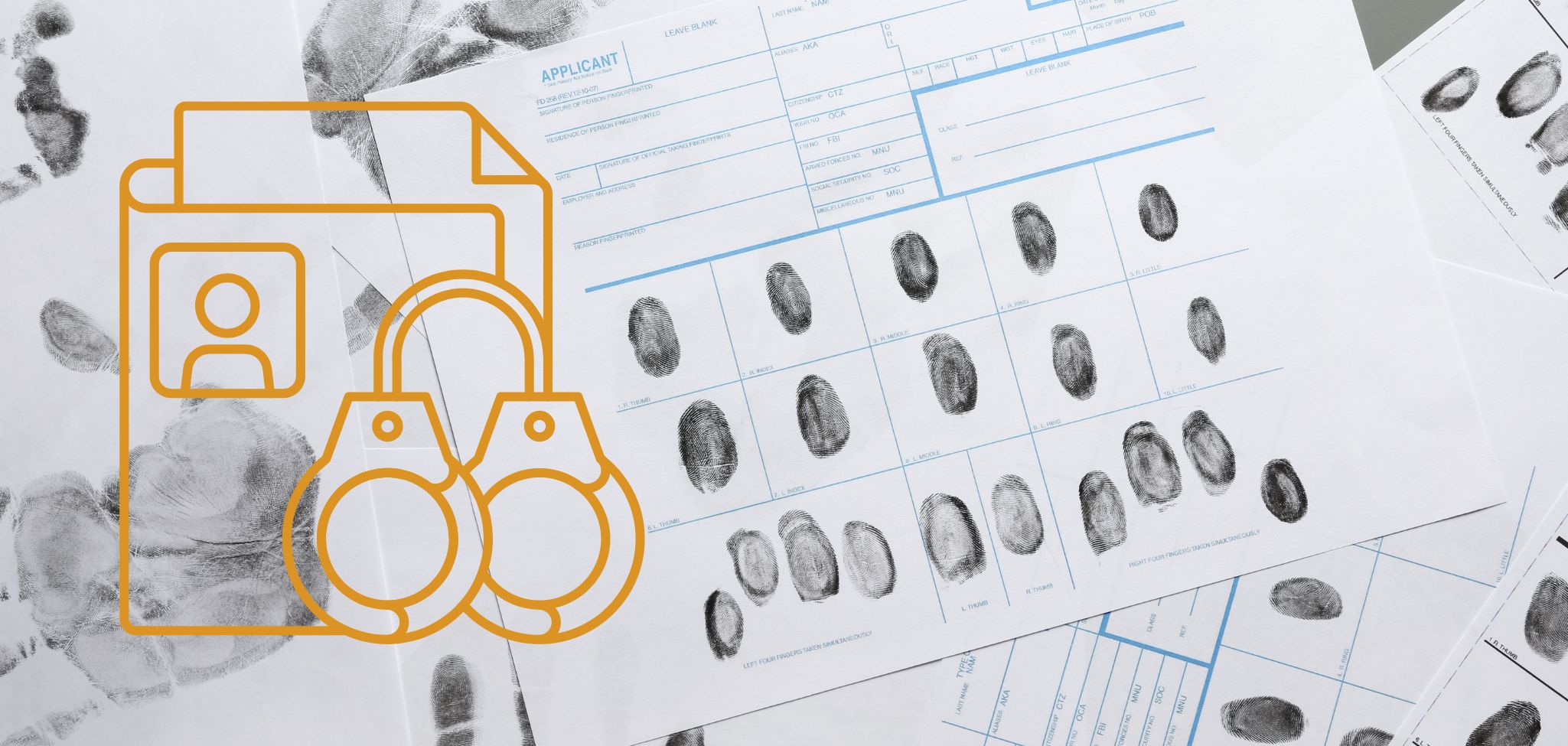Criminal law is an integral aspect of protecting the wider society as it holds people accountable for their criminal actions. It attempts to create a moral fabric for society of which we mold into.
The criminal justice system is critical to the continued safety and well being of the community through the rules and guidelines it imposes on behaviour. It punishes bad behaviour and rewards good behaviour.
Criminal law is a confusing, complicated and comprehensive system which should not be interpreted lightly. You should engage a criminal lawyer immediately if accused or charged with a criminal law offence.
For expert assistance in a range of matters, Jameson law can provide you comprehensive advice regarding criminal law, criminal justice and likely outcomes.
What is Criminal Law?
Criminal law is encompassed within legislation, primarily, the criminal code specific to each individual state and territory. The framework provided by this legislation specifies what behaviour is considered criminal and what factors must exist to satisfy each criminal act.
At its core criminal law protects citizens from one another by outlawing behaviour which can cause physical harm, injury or death. It also aims to protect the rights of individuals to live freely, calmly and safely within society.
Like many aspects of law though, criminal law is difficult to interpret at times and criminal procedure can be tricky to follow. Assistance should be sought from an expert criminal lawyer prior to any attempts at interpretation being made. The consequences of incorrect interpretation can be severe.
What is a Crime?
A crime can be classifies as a physical act which causes either physical harm, mental harm, injury or death to another individual or group of individuals. Harm is a relative term however as it can encompass, physical, emotional, mental, financial and psychological harm.
Criminal law enables punishment or restorative justice to occur so that bad actions are punished and victims are compensated in some form for their suffering. This may be through rehabilitation, sentencing, etc which will be explained below.
The purpose of criminal procedure is so that there is a process by which crimes are put to the test of a guilty or not guilty outcome. There are struct procedures in place for court processes, evidence gathering, storing and presentation and witness testimony.
How Does Criminal Law Seek to Repair Harm?
The Australian criminal law system aims to prevent crime from occurring through punitive measures but also rehabilitate offenders through programs.
Firstly, punitive measures such as terms of imprisonment exist to try and deter people from committing crimes but also to punish those who have committed crimes. You can be subject to a wide range of punishments ranging from most to least extreme with some seeking o engage a rehabilitative program as well.
The following are possible punishments:
- A term of imprisonment or incarceration;
- Community correction orders;
- Monetary penalty;
- Suspended Sentence;
- Home detention;
- etc
You may also receive a sentence that involves more than one of the above, for example, a 3 year term of imprisonment with 2 years suspended.
You can also be subject to conditions at the end of your sentence, such as a parole period after incarceration which specifies strict conditions. The paramount consideration for any Magistrate or judge is community safety and community general deterrence. They must ensure, first and foremost, that the individuals risk to the community can be minimized and secondarily, they attempt to create community deterrence of receiving the same punishment to lower the crime rate.
Case Study
What Do Rehabilitation Programs Assist with?
Depending on the type of program and intended purpose of the program, they aim specifically to reform offender behaviour. It is designed to be treatment for negative or harmful behaviour and the main objective is to minimize the likelihood that the individual will continue with that behaviour in the future.
Rehabilitative programs for drug and alcohol use are common and they aim to provide support, therapy and guidance to individuals suffering from substance abuse. Similarly, family violence offender programs are designed to educate perpetrators on the impact of their behaviour and bring awareness, knowledge and understanding of how their behaviour is harmful.
In many prisons, rehabilitative programs are offered to inmates to help them use their time productively. There are even specialist programs on offer to select inmates where they can engage in work or other socially beneficial tasks.
What Is the Criminal Justice System Process?
When the prosecution decides to charge an individual with a crime, it begins a court process which must be followed. The accused or defendant have the chance to defend themselves against the charge. In Australia, an individual is innocent until proven guilty.
When the matter is first brought before the court, the defendant is given the opportunity to plead guilty or not guilty to the charge. Following this the matter will be listed for hearing (if a not guilty plea is entered) before a trial judge.
If you plead guilty to the charge, the matter will proceed immediately to sentencing. If the matter proceeds to hearing, sentencing will occur at the conclusion of the evidence being presented and considered.
The system aims to protect the victim involved in each matter and will offer them emotional and physical support during the hearing process. It can be traumatizing to give evidence or face their perpetrators in a court setting.
What Happens if Individuals Continue to Commit Offences?
There are many individuals who will continue to commit offences despite attempts at reform or rehabilitation and whom continue to disregard the consequences of their actions. No matter how much they are punished, sometimes it cannot prevent the offending.
Typically, sentencing will become more severe the longer the offending as the courts try to find the most punitive deterrence to break the cycle. Depending on the type of lifestyle some lead, criminal activity can be an integral part of that. This is true for those involved in gangs, drugs, or other criminal organisations.
The maximum penalty a defendant can actually receive is life in prison and this penalty is reserved for crimes such as murder rape. Punishment of this nature is necessary for serious criminal offending which causes irreparable harm or death to an individual.
Case Study
Why Do People Commit Crimes?
In many instances, crimes are committed as a failed means to resolve conflicts. Family violence in particular arises from conflict which has escalated to an unsafe point. Victims and offenders will often allege that they were trying to defend themselves as a means of trying to handle grievances.
The smooth functioning of society is essentially only possible without emotion playing a factor. In reality, this is no easy feat. Criminal laws are legislated with emotions in mind and they consider how criminal justice can best be achieved.
This is primarily why criminal defences exist so that mitigating factors can be presented to explain or reason certain aspects of offender behaviour. This behaviour is also taken into account at the sentencing stage to see whether there can be any leniency given.
What Factors are Taken into Account During Sentencing?
At the sentencing stage, the judge or magistrate must consider the facts, evidence and mitigating factors when making their decision as to what punishment to order.
These factors include the conduct of the person in relation to the offence, whether they were under the influence or acting in self defence, and whether there was any behaviour of the victim that needs to be accounted.
They will need to consider the evidence available to support or disprove the mitigating factors sought to be relied upon. Criminal law enables some discretion from the judge or magistrate however only in limited circumstances. Reforms of legislation has seen a rise in the number of minimum or maximum sentences that can be imposed for particular crimes. The specification of these sentences is hoped to reduce future crimes as individuals can see what punishment they will be facing.

 (02) 8806 0866
(02) 8806 0866




